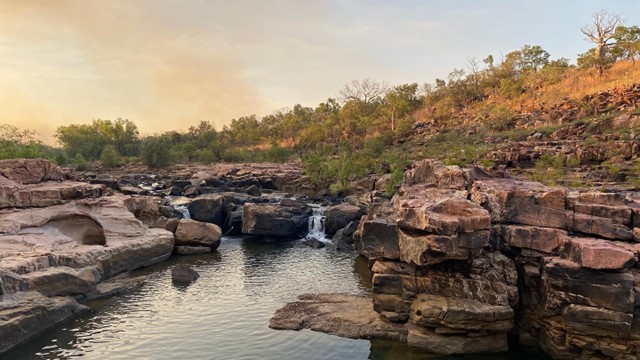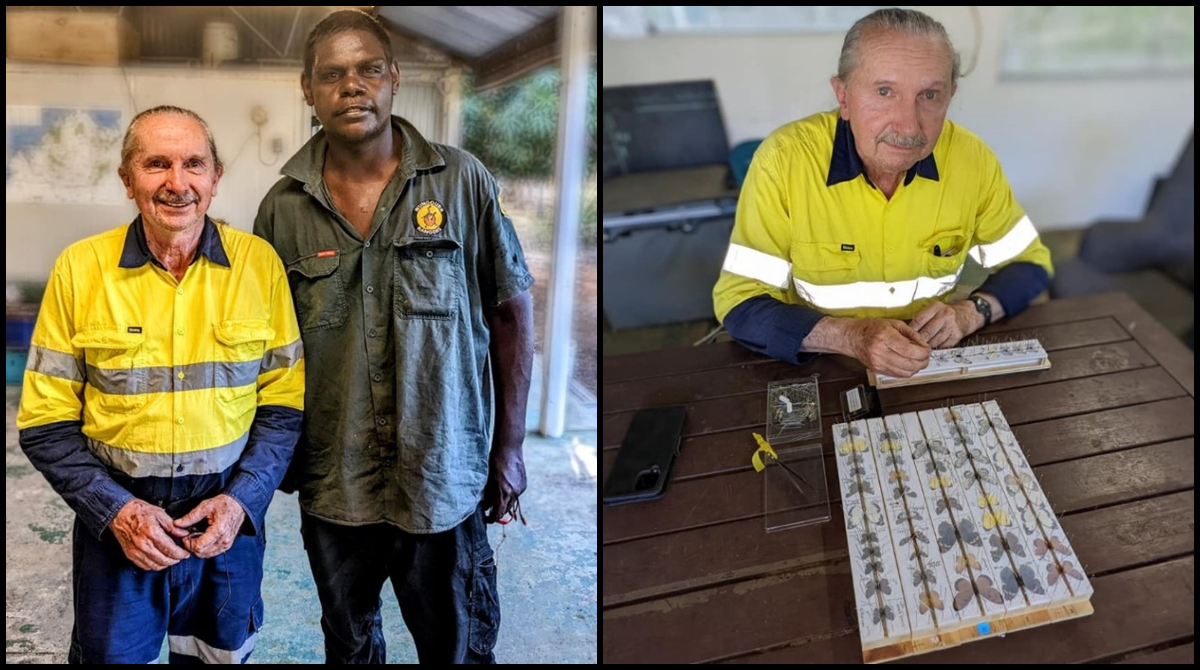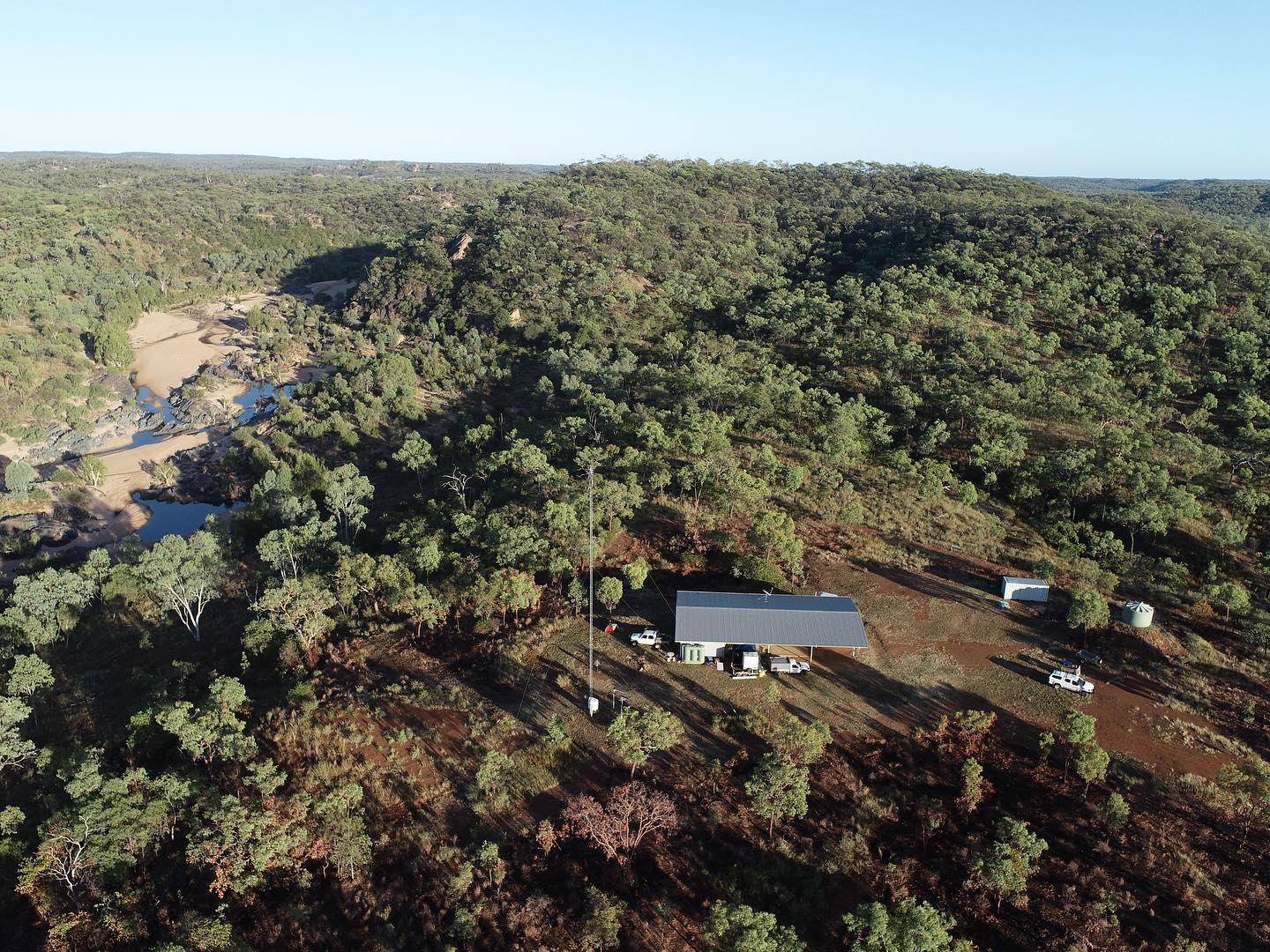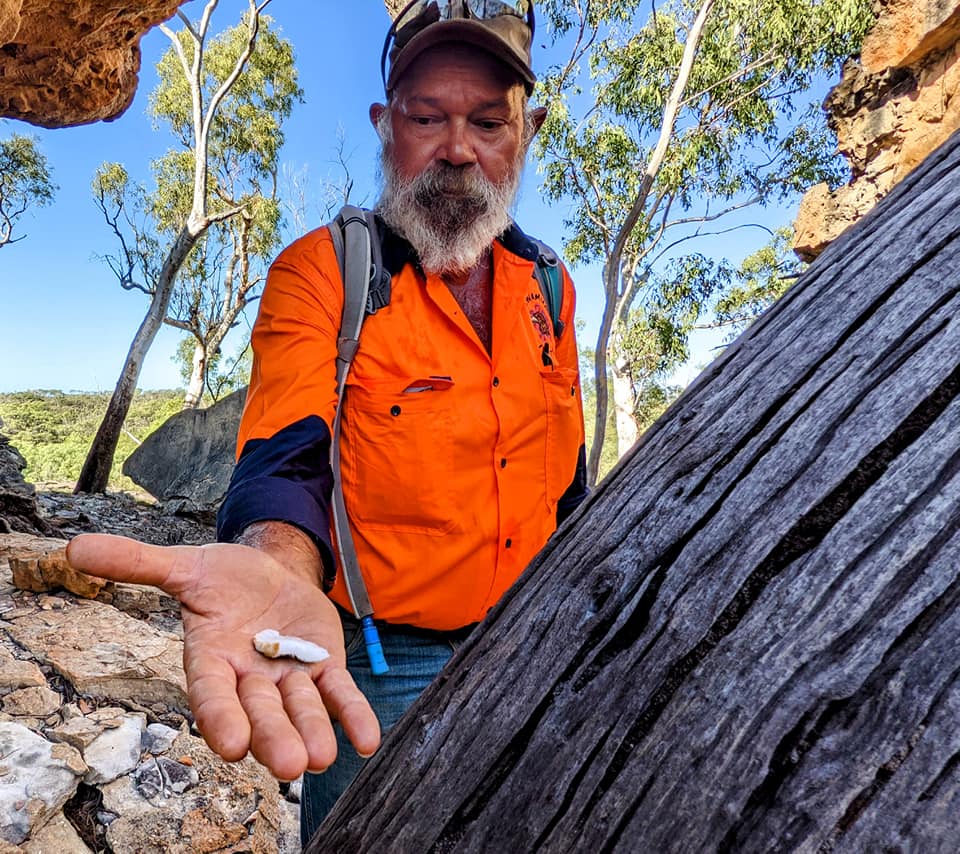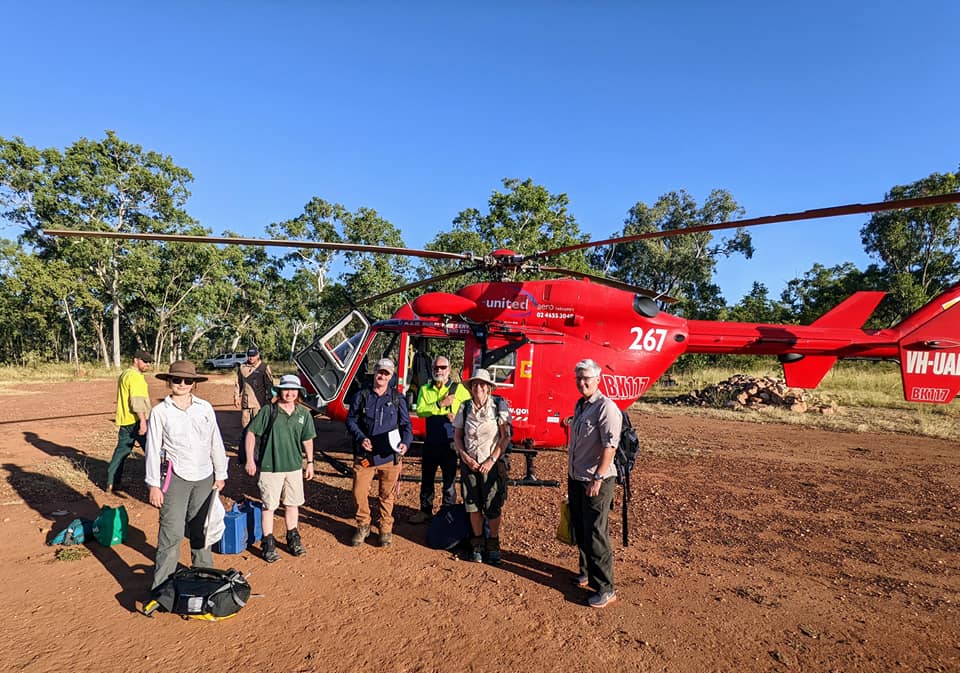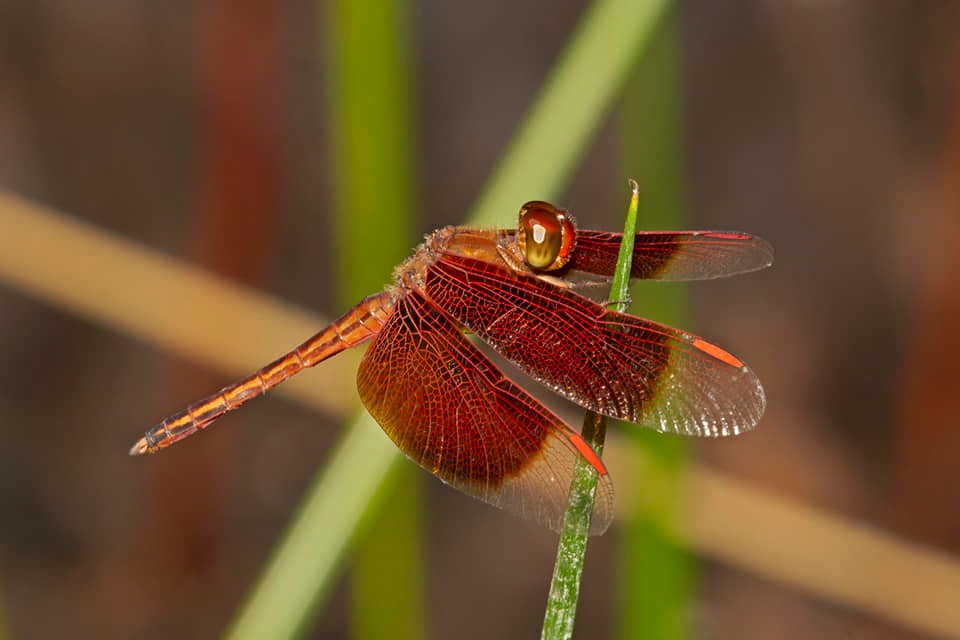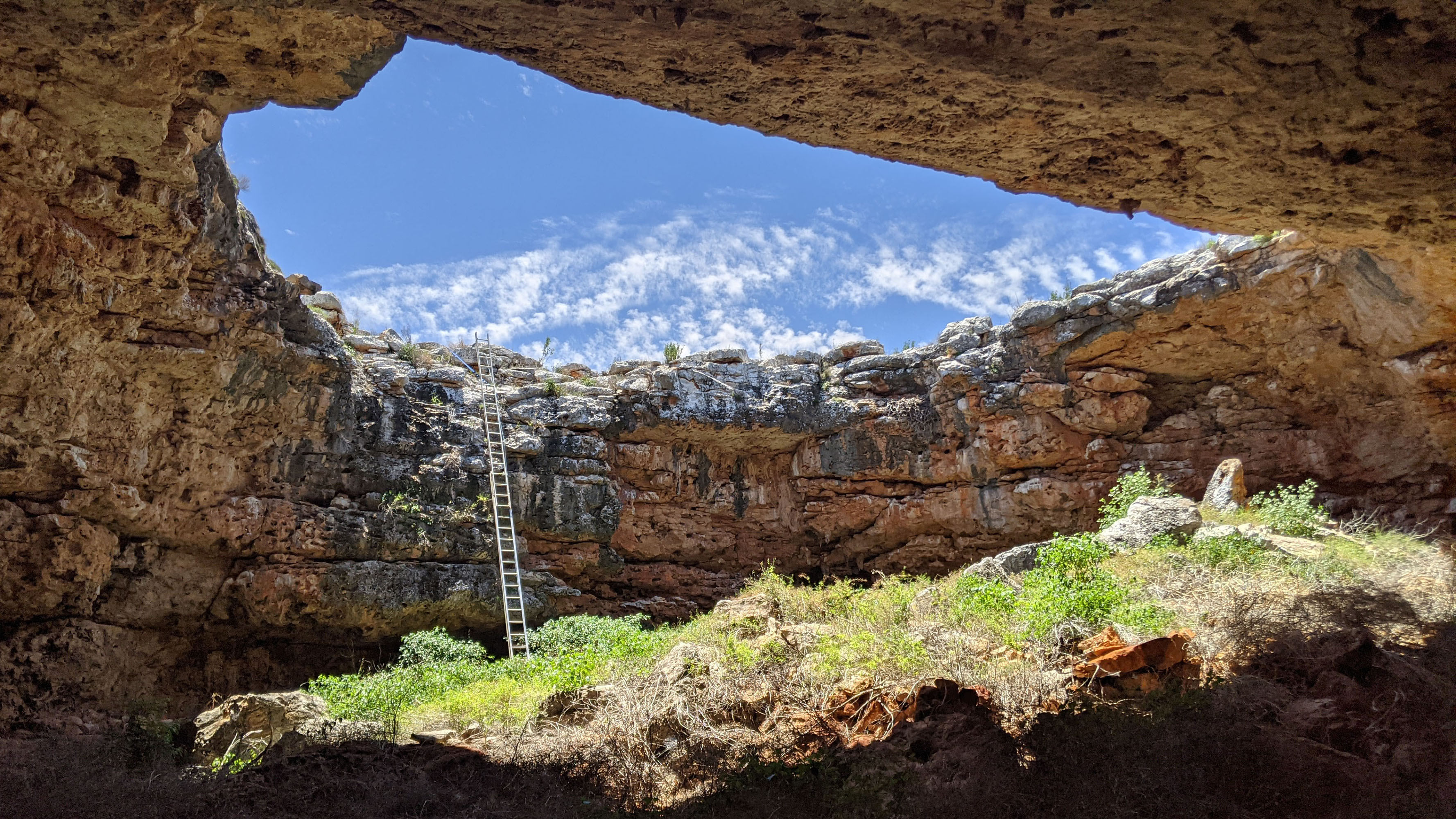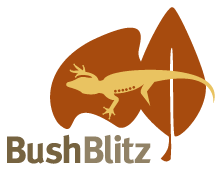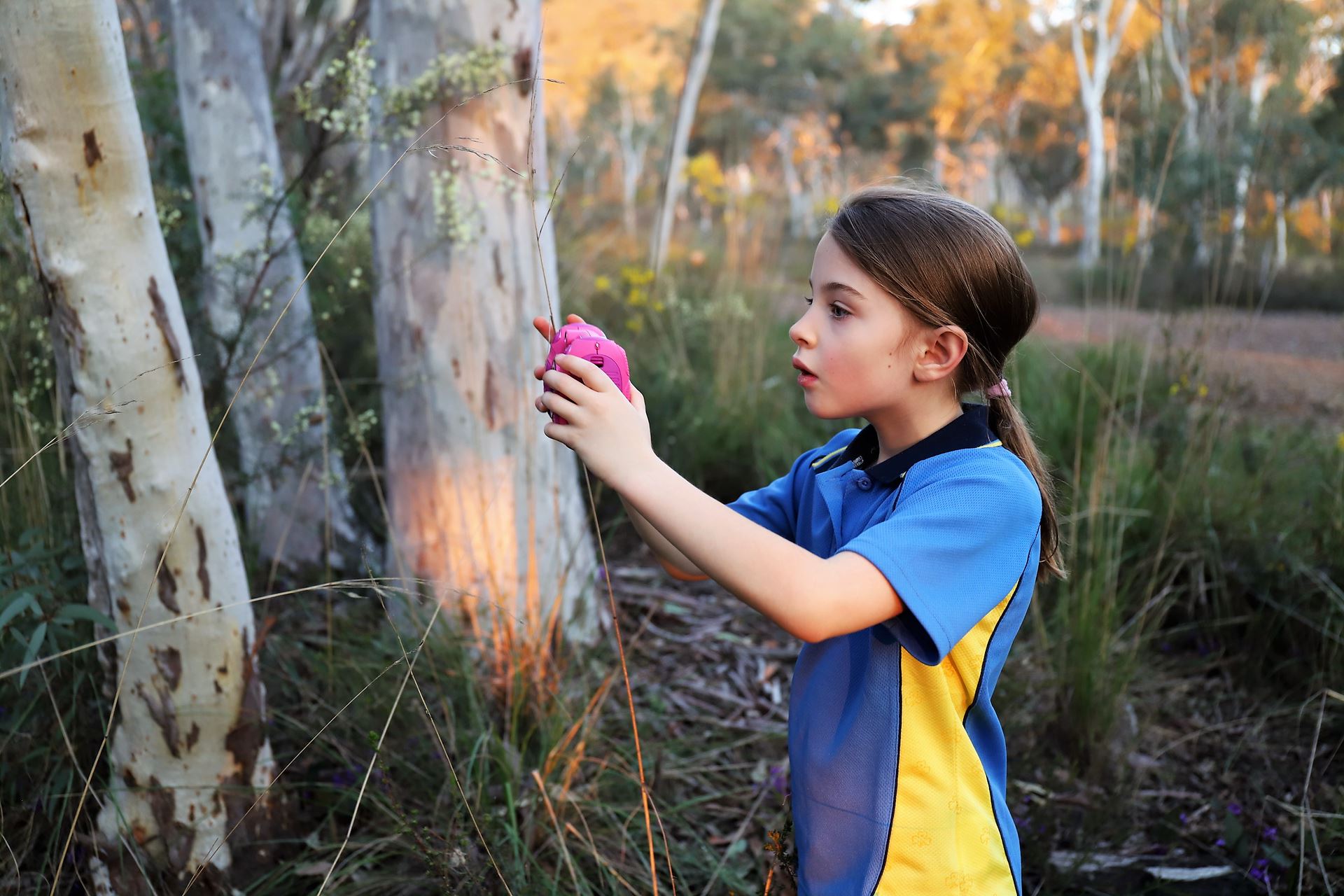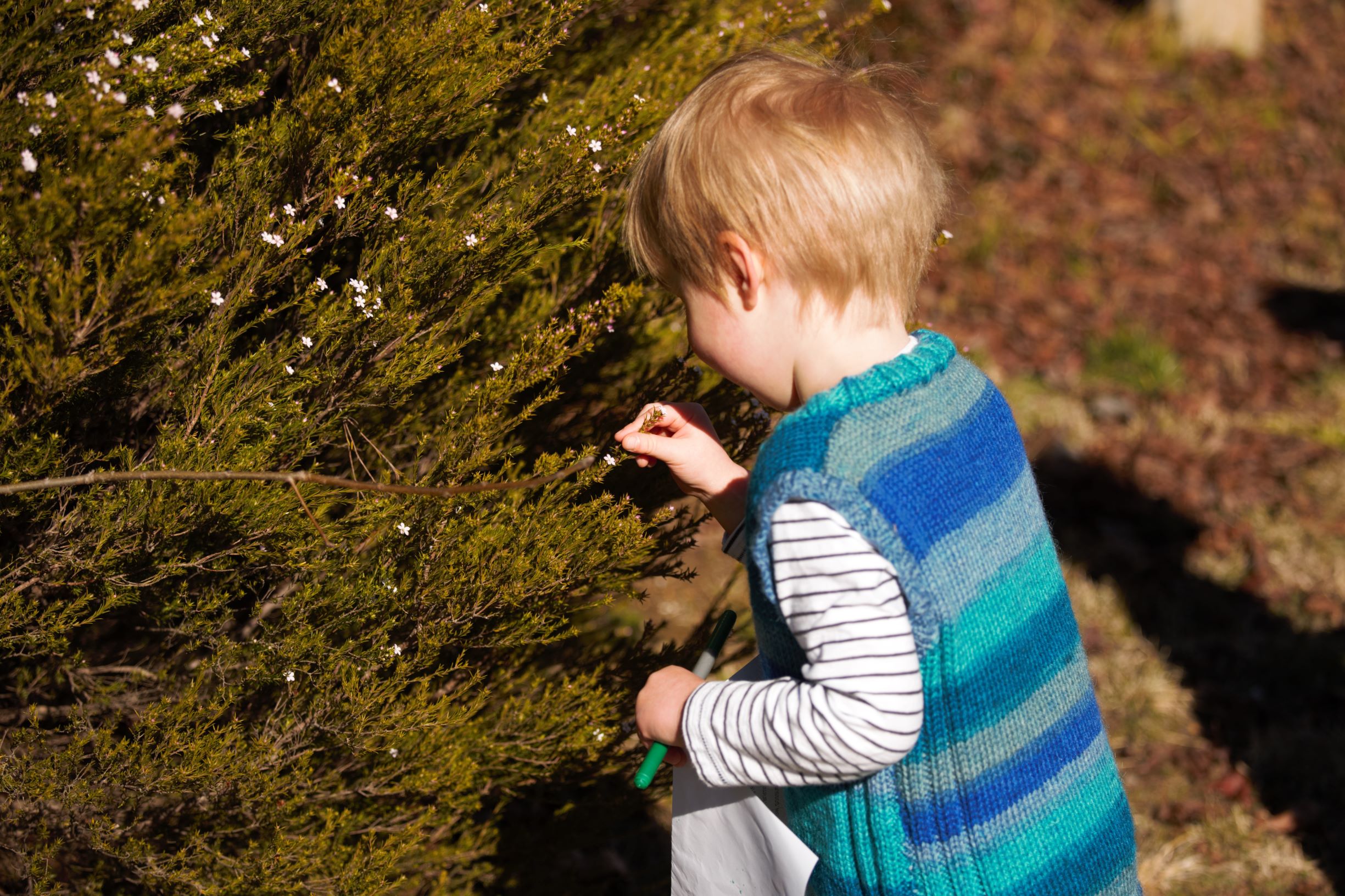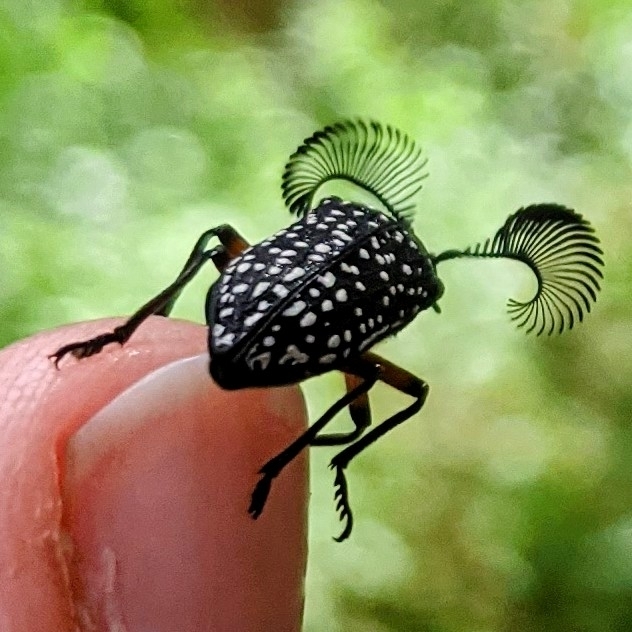Australian Alps expedition
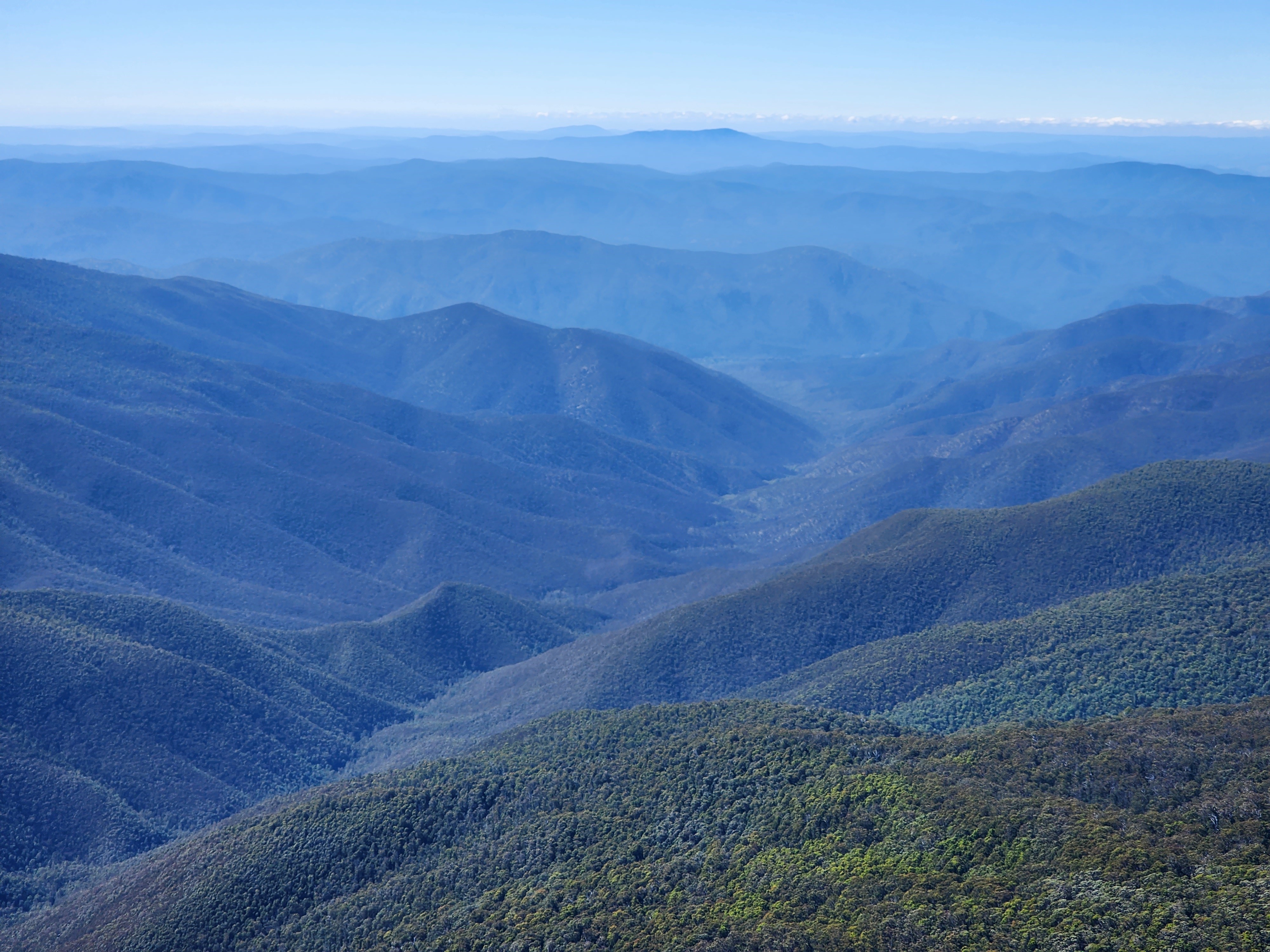
The first Bush Blitz expedition for 2023 took place in the Australian Alps during early February. The expedition focused on the southern part of Kosciuszko National Park (NSW) and the northeast part of Alpine National Park (Victoria). We are extremely grateful for the support we had from both land managers – NSW National Parks and Wildlife Service, and Parks Victoria.
The scientific team included 10 zoologists (from the Australian Museum, Museums Victoria, and the University of New South Wales), 11 botanists (from the Royal Botanic Garden Sydney and Royal Botanic Gardens Victoria) and a seed collector (from the National Seed Bank, Canberra).
The Alps region is of great interest to scientists, but challenges such as access and weather conditions mean that remote areas haven't been well surveyed. This expedition aimed to get the team into some of these remote areas to collect specimens, fill knowledge gaps and potentially discover new species. From the base camp near Jindabyne, the team accessed sites via helicopter and 4WD. The Alps region is well known for rapidly changing weather conditions and the team adjusted their plans several times due to a total fire ban, fog and even snow! The unseasonably cold weather also made it harder for herpetologist Jodi Rowley to find frogs.
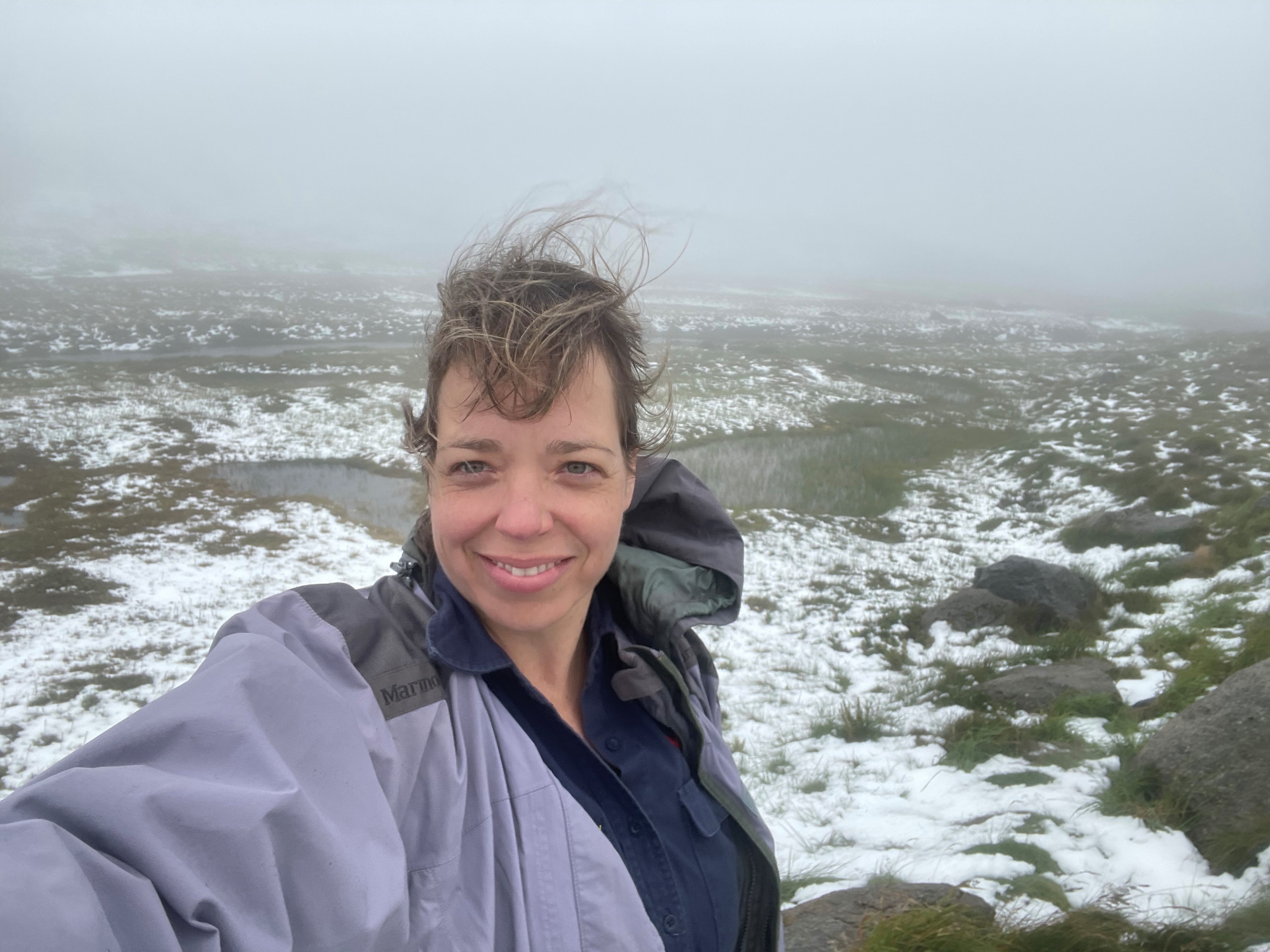
Photo: Jodi Rowley
Scientists were excited to be part of the first team to capture data on the biodiversity of The Pilot – the highest peak in the Pilot Wilderness Area of Kosciuszko National Park, approximately 1,800 m above sea level. On the other side of the border, botanists from the Royal Botanic Gardens Victoria, assisted by Parks Victoria staff, documented plants in the north-eastern section of Victoria's Alpine National Park.
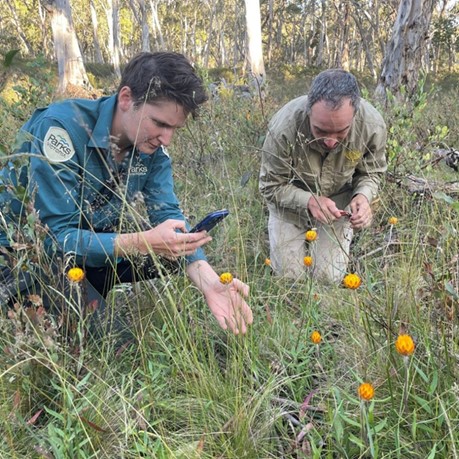
Almost all of the records made on an expedition involve a collection, so they will make their way to ALA after being entered into an institution's database. However, we are increasingly seeing scientists using iNaturalist on expeditions. They may do this if they only have photographic evidence of a species, or if they record something outside their field of expertise. For example, land snail expert Frank Koehler used iNaturalist to record this Spoon Daisy (Brachyscome spathulata), spotted while he searched for snails in the Pilot Wilderness Area.
The team discovered a few species new to western science. Arachnologist Joseph Schubert is confident of several new species, including a shield huntsman with 'war paint on his legs and a shield on his chest to frighten off predators'.
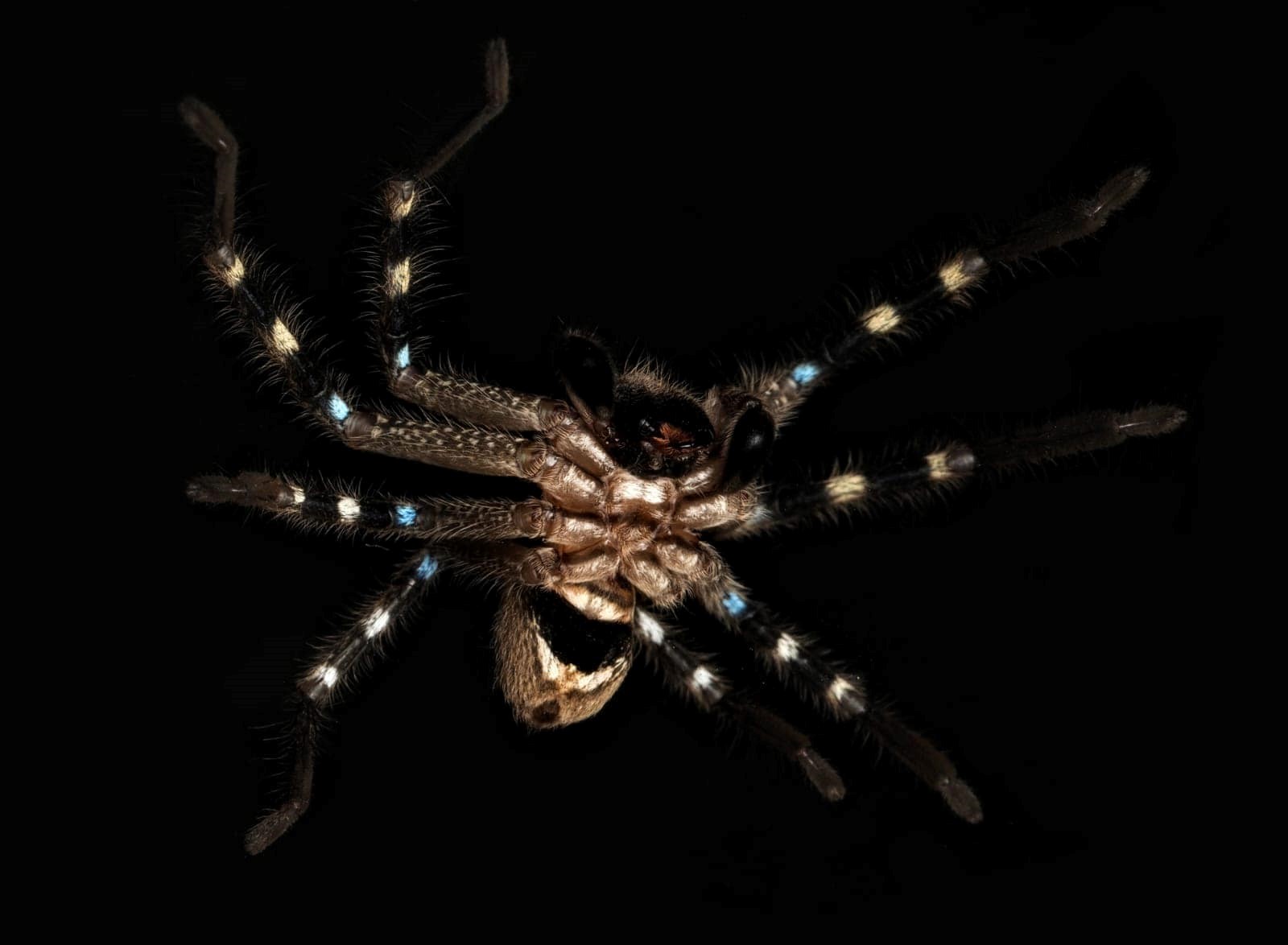
Photo: Joseph Schubert
The scientists are now busy working through the collections they made. The process of describing and naming new species can take years but more information about what was discovered will be available in our expedition report, which will be published on our website.

